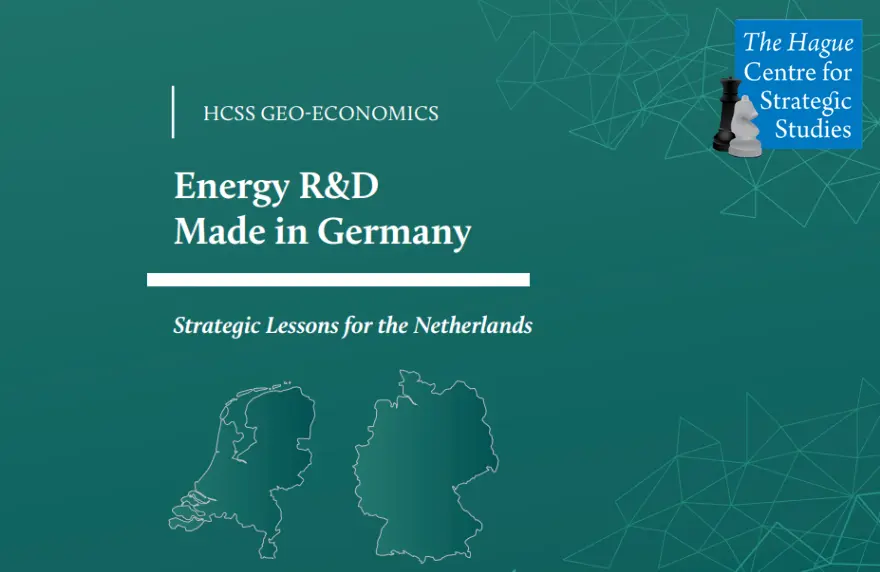The EU has set a bold and far-reaching goal to become the first climate-neutral continent by 2050, moving from a fossil fuel-based energy system to a decarbonized economy. For this to happen, we need a well-planned and integrated energy infrastructure that – at the same time – helps to keep prices at check.
Delivering the “European Green Deal” will require great steps, among others the deployment of new infrastructures such as hydrogen networks or energy storage facilities, the development of innovative technologies, and massive investments from the private and public sectors.
The Russian aggression against Ukraine and its impacts on energy markets accelerate this transformational change aiming to make the EU less dependent on Russian oil and gas.
What are the threats and opportunities? What role could liquid energy storage play? And what should be our policies, in France, the Netherlands, and Europe, to facilitate it, enhancing our strategic autonomy?
This panel discussion held on the 26th of April reflected on these questions and explored policy options both at the national and European levels:
Opening remarks:
Luis Vassy, French Ambassador to the Netherlands
Panelists:
Energy Specialist: Lucia van Geuns, The Hague Centre for Strategic Studies (HCSS)
Storage Specialist: Ravi Bhatiani, Director, Federation of European Tank Storage Associations (FETSA)
Carole Mathieu, Head of EU Policies, IFRI’s Center for Energy & Climate
Wytske van der Mei, Member of the Management Team Directorate Top Sectors and Industrial Policy at Ministry of Economic Affairs and Climate
Thor-Sten Vertmann, Advisor to EU commissioner Energy Kadri Simson
Martin Krastev, Head of M&A Advisory, IDCM Limited
Moderation:
Michel Rademaker, Deputy Executive Director and co-founder (HCSS)
This event was co-organised with the Institut Francais des Pays-Bas.





